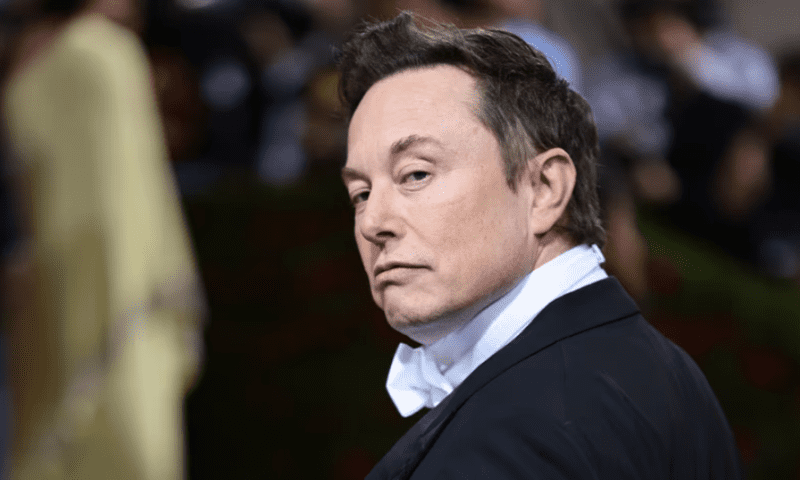In 2019, Elon Musk brought his latest high-tech venture out of the shadows, unveiling plans for an implanted brain chip that would be capable of simultaneously tracking and stimulating neurological activity, essentially offering what he later termed “a Fitbit in your skull.”
Though Musk said in his 2019 introduction to Neuralink that the startup was aiming to implant its brain-computer interface (BCI) technology in humans by the end of 2020—a timeline that was later pushed to this year—that goal still has yet to come to fruition. It’s been surpassed in that race by Synchron, a Brooklyn-based startup that, with the FDA’s blessing, has already begun implanting its own BCIs in a U.S. clinical trial, it announced last month.
They say that if you can’t beat ‘em, you should join ‘em, and that seems to be the basis for a Friday report from Reuters that claims Musk has approached Synchron to offer a potential investment.
The report was sourced from four anonymous individuals “familiar with the matter,” per Reuters. They said that Musk has contacted Synchron founder and CEO Thomas Oxley about a possible deal, though they didn’t disclose whether it would involve a collaboration between Synchron and Neuralink or simply financial support from the multibillionaire.
A Synchron representative declined to comment on the speculation, and Neuralink did not respond to Fierce Medtech’s request for comment.
It’s unclear when, exactly, the reported conversation between Musk and Oxley took place, though both tech founders were in attendance as featured speakers at the 2022 TED Conference in Vancouver in April.
Synchron may also be on Musk’s mind as of late, since Max Hodak, one of the co-founders of Neuralink—and its former president—announced earlier this year that he’d taken an advisory role with and invested in Synchron.
In a February blog post announcing the update, Hodak didn’t mention Neuralink, but wrote, “Synchron is absolutely among the most serious groups working on next-generation neural interfaces.”
Meanwhile, Synchron has spent the last year plowing ahead in its mission to restore the ability to communicate and perform other daily tasks to paralyzed individuals.
After securing the FDA’s blessing last year, it recently began the U.S.-based human trial of its Stentrode system. Unlike other BCI systems, Synchron’s stentlike device is placed via the jugular vein in a minimally invasive procedure that takes just a few hours, rather than requiring open-brain surgery or any drilling into the skull.
In an Australian study that began in 2019, four people paralyzed from amyotrophic lateral sclerosis have been able to use the system to translate their thoughts into typing and cursor clicks, allowing them to send texts, emails and even tweets, access online banking and shopping services, complete telehealth visits and more.
Those advancements may have also inspired Musk’s alleged investment offer, since four current and former Neuralink employees told Reuters that he has reportedly “expressed frustration” to the startup’s team over its slow progress to date.

